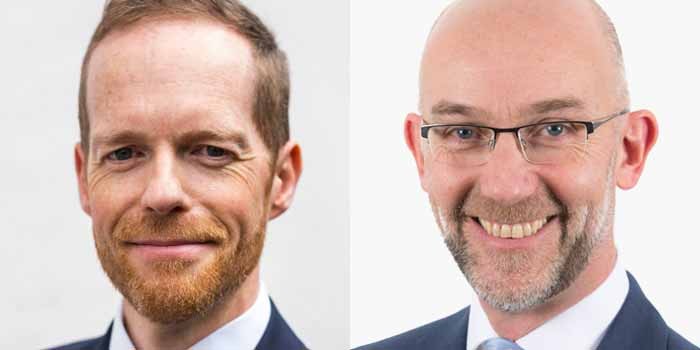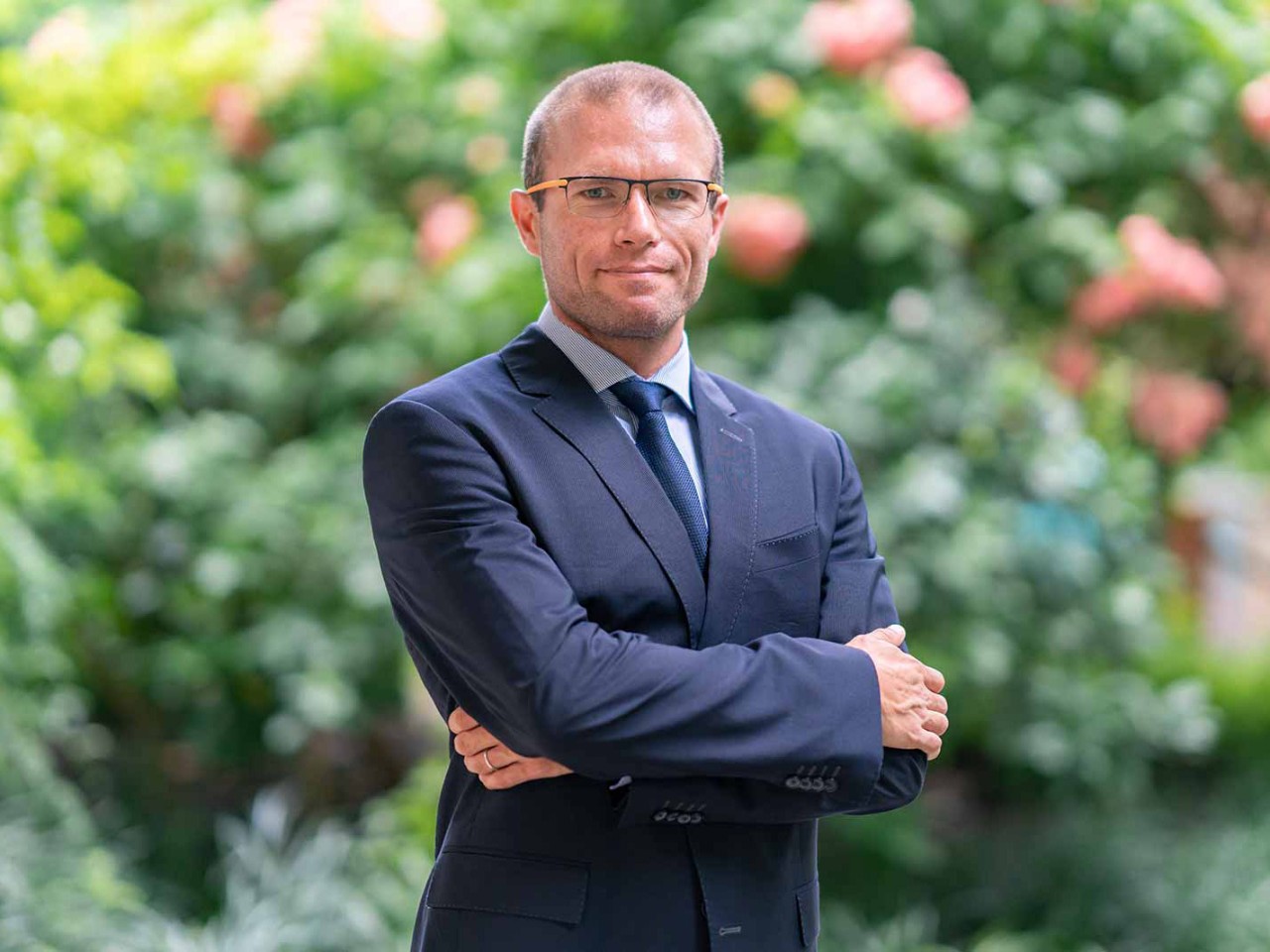

In the past 18 months, the UK government and its devolved nations have spent billions battling a pandemic almost no one foresaw. In charge of checking on this spending are the auditors general (AGs). Although each AG has a slightly different remit, their role is to ensure that public money is being, in the words of Stephen Boyle, AG Scotland, ‘spent properly, efficiently and effectively’.
This means looking at the Scottish and Welsh governments respectively, associated central government organisations and bodies such as the NHS, police, fire brigade, national parks, some education institutions and – in the case of Wales – 22 unitary authorities and 700-plus town and community councils. It’s a tall order, made taller by the same restrictions that the pandemic has placed on many of us.
Getting out of the way
Adrian Crompton, the Welsh AG, had been in the role for around two years when Covid-19 struck. ‘After sending our staff home,’ he says, ‘the first thing we did was contact all the bodies we audit to tell them we’d be getting out of their way; we really didn’t want to prejudice the frontline work.’
'What we’ve seen is that the pandemic has exacerbated economic and social inequalities, particularly around age, gender, income and ethnicity'
Scotland’s office of the AG already had an incident management team that had been preparing for ‘crisis situations and business continuity’, including, says Boyle, ‘role-playing the scenario of having to immediately close our offices and move to home working at very short notice’. When the lockdown order came in March, they knew what to do.
No compromise on quality
Both AGs describe similar approaches overall. ‘We had a “self, family, work” mantra,’ says Crompton. Boyle acknowledges the ‘personal strain’ on staff and says his office committed to ‘prioritising health and wellbeing’. But neither office could press pause on the bulk of their work.
‘We were in touch with all the bodies we audit,’ says Boyle. ‘Deadlines could be – and were – flexed.’
A similar thing happened in Wales, too, but both AGs are clear that ‘quality was something we could not negotiate on’, in Boyle's words, and Crompton explains that the fundamentals – ‘the bedrock of a hard-nosed, independent and professional audit’ – remain.
For both AGs, the mode of work changed, with each describing new ways of collecting audit evidence – such as date-stamped photos – and getting accounts electronically signed off.
‘There are aspects of work we haven’t been able to do,’ says Crompton. ‘For example, we can’t be there for stock-take.’ But both offices have innovated and adapted. ‘It’s about finding the sweet spot between new and old ways of working,' Crompton adds.
Added value
At first, Crompton was ‘genuinely worried about our ability to deliver the nuts and bolts of our work’, but as the pandemic wore on, he became aware that they could actually add value.
‘We started a Covid-19 learning programme, sending our colleagues out across their network to hoover up all the nuggets of knowledge they could find,' he explains. 'Then we started to fire them out in close to real-time, on Twitter and in short reports. It was very well received, and we believe we really contributed to the national effort.’
Boyle’s team has focused on added value where they can, too. ‘What we’ve seen is that the pandemic has exacerbated economic and social inequalities, particularly around age, gender, income and ethnicity,’ he says.
‘Our new work programme uses a principles-based approach that focuses on providing assurance and captures the needs and concerns of the people who use public services, and integrating these cross-cutting issues into our work.’
New opportunities
Both have new and different areas to work in, too. In Scotland, Boyle's team has developed ‘Following the pandemic pound’ – a project to see how Covid-19 spending has been distributed and applied, and how this has been funded and overseen. ‘In the longer term, we’ll be considering whether expenditure has been effective in achieving its objectives,’ says Boyle.
In Wales, Crompton has ramped up the focus on auditing the data generated by a unique aspect of Welsh law, the Well-being of Future Generations Act 2015. This requires that all parts of the public sector look after future generations when they make decisions. (See also the AB interview with Sophie Howe, the future generations commissioner for Wales.)
‘We’ve developed a unique audit methodology to look at how these bodies are incorporating the long term into decision-making,' Crompton explains. 'We’re able to differentiate between those organisations who retrofit what they’d have done anyway to hit the statutory requirement, and those who have genuinely changed what they do.’
Crompton describes this as a ‘huge challenge’ but is evidently proud: ‘Wales is a small and well-equipped country, and we can be rapidly innovative in a way many can’t.’
Find the balance
Both AGs are pleased that their work has become more prominent. ‘As Scotland moves into the recovery and post-pandemic phase, public audit will be a crucial element of the response to current challenges,’ says Boyle, citing the UK’s exit from the EU and worsening social inequality as just two.
In Wales, Crompton is aware that his office isn’t exempt from ‘pressure on the public purse’, but hopes that reshaping and refocusing work will take the place of additional recruitment, for now.
On what they’ve learned, both are positive about the years to come. ‘Things have changed massively,’ says Crompton, ‘but it’s about finding the balance - we want to keep some of the flexibility but bring back some of the social and training environments.’
In Scotland, Boyle says that he’s ‘personally learned that we cannot communicate often and clearly enough,’ adding: ‘I’ve given thought to how we emerge from the pandemic stronger.’


